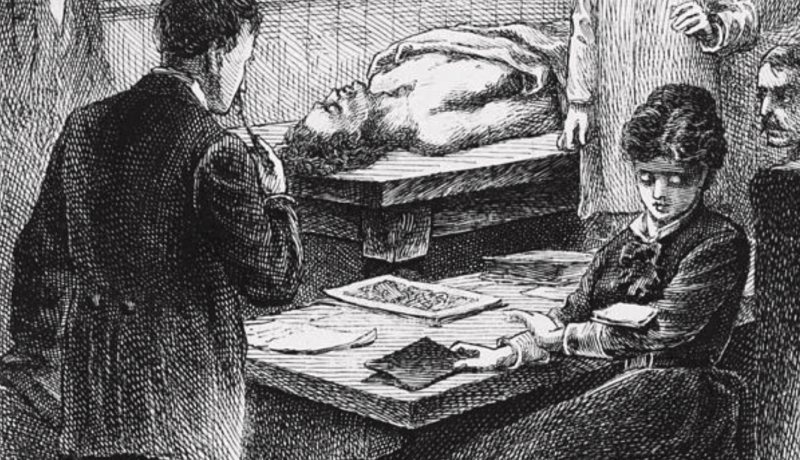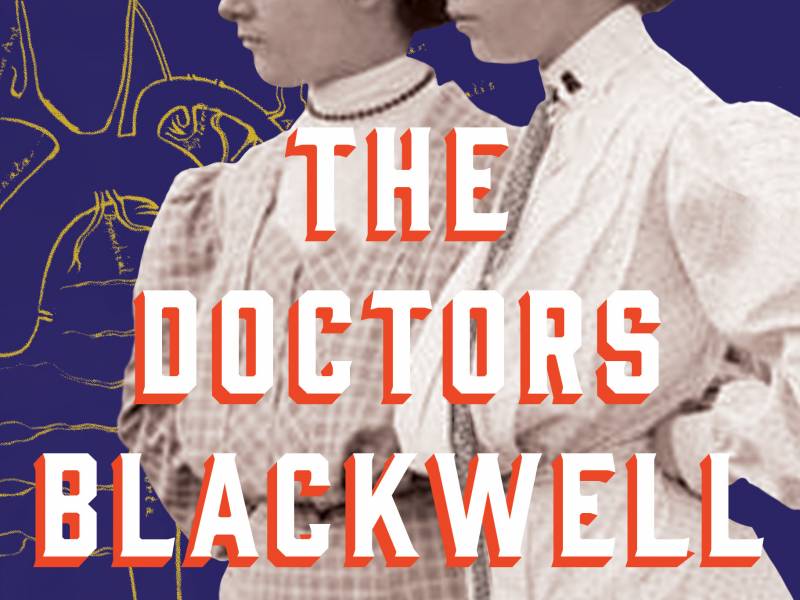The students—recognizing that A) their professors were cowards, and B) this was an opportunity to make serious mischief—had a meeting that night and basically beat any dissenters into submission and presented a unanimous front the next morning that, yes, we definitely want this … “lady” medical student [to study with us]. The students assumed that it was a prank being played by a neighboring medical school. This was a fairly unpolished group of provincial boys, and they were seeing the opportunity for some good fun. And then they sent their response back to their faculty and forgot about it until several weeks later—a young woman walked into the lecture hall.
On Elizabeth Blackwell not looking favorably on the women’s suffrage movement, which was happening while she was in medical school
The medical school that she ended up in was in Geneva, N.Y., right near Seneca Falls, in the Finger Lakes. She was right there. And yet she really looked sideways at those women, who really wanted to recruit her to their side. She was doing something very visible and very stunning, and they really wanted her to be part of their movement. She laughed in a way—or at least scorned what they were trying to invite her to do. I think she called the Seneca Falls conference “the Seneca Falls absurdity.” She really believed that there was different work to do first. And she chose medicine because it was an unusually graphic way to prove this idea that women could do what they wanted to do by virtue of toil and talent, not anything to do with their sex.
On how it was for Emily Blackwell, following in her sister’s footsteps
Geneva College itself, having given Elizabeth a degree at the top of the class, politely but firmly said, ‘Emily, we are not interested in having you here as a student. We’ve had enough with women medical students.’ The issue was that just at the time that Elizabeth was receiving her medical degree, women’s medical colleges were beginning to open, because there were more than just these two women who were interested in receiving medical degrees.
But the world was so horrified at the idea of men and women studying medicine together that in Philadelphia and in Boston, women’s medical colleges had opened. So if you were a woman who wanted to pursue medicine, that was the obvious thing to do. It was much easier for the male medical colleges to reject you because they could say, ‘Why do you need to come here? Go there. That’s for you.’
Emily, though, and Elizabeth, did not esteem these women’s medical colleges highly at all. They just concluded that any women’s medical college is going to be, by definition, inferior, mediocre—that a truly impressive degree would only be earned from a men’s medical college.


9(MDAxOTAwOTE4MDEyMTkxMDAzNjczZDljZA004))

